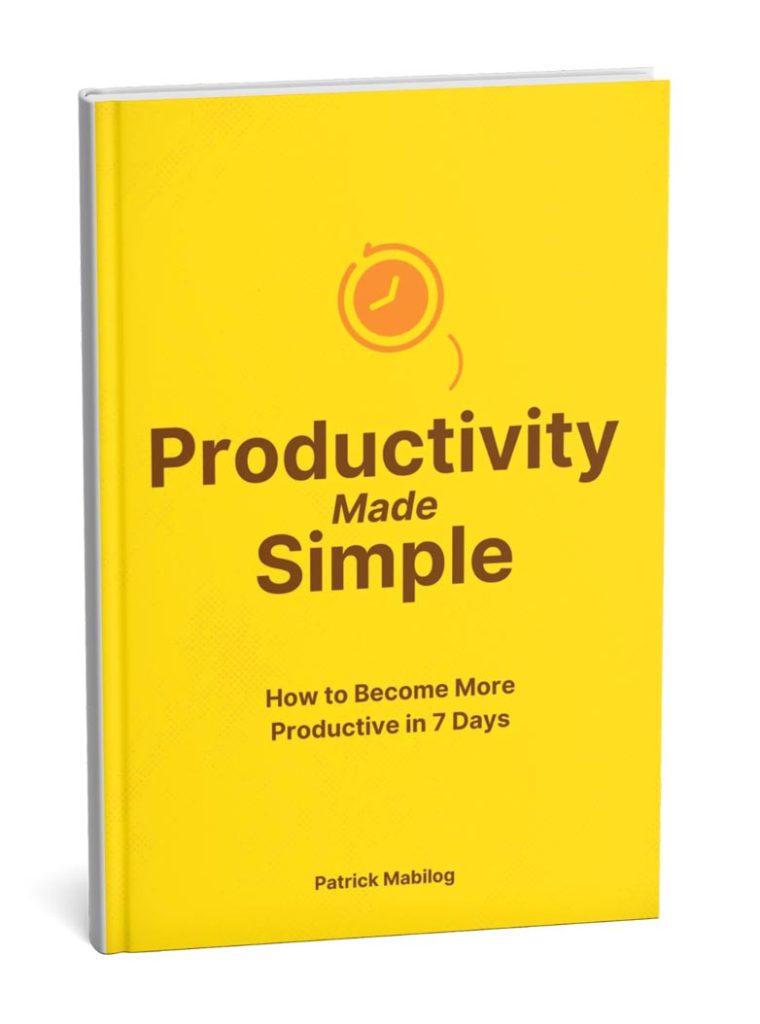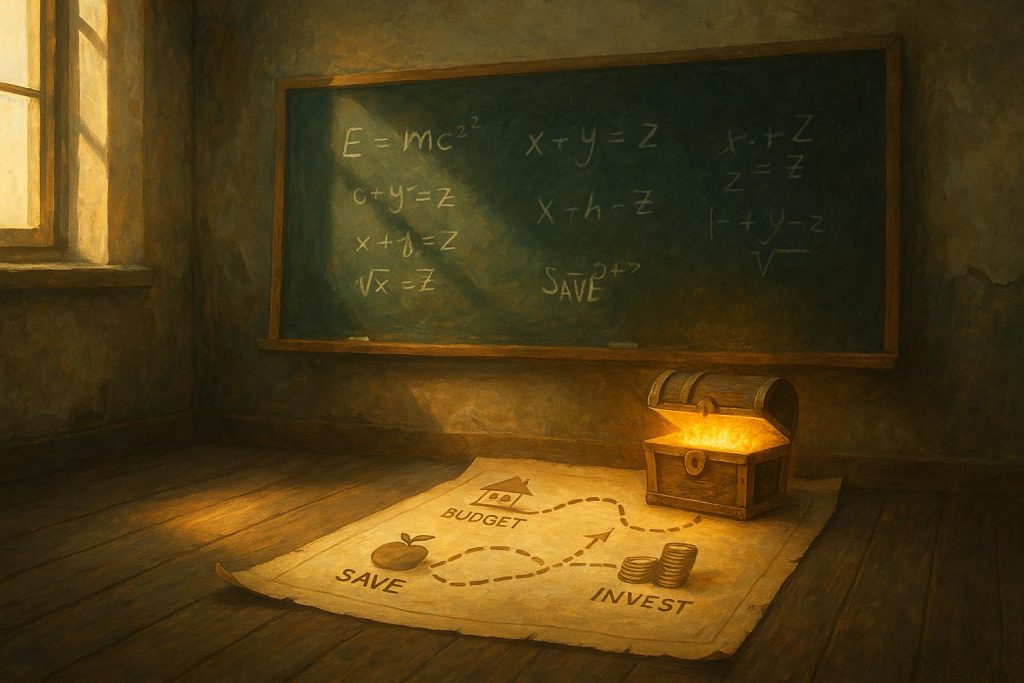Wired into every individual is a deeply-rooted desire to know one’s place. Everyone is dying to know what their calling is, and to find it is one of life’s highest priorities.
What is your calling? I’ve asked many people that question. Many times I get blank stares as replies. We admit it’s important that we dig into ourselves and search far and wide to find the meaning to our lives. But have we defined our calling?
Finding our calling is ninety percent of the journey into living a life of purpose. But how does one find his or her purpose? The starting point is the right view of what calling is. How do you define it? And do you have a truthful and factual view of calling?
When all we cling on to are lies about calling, we diminish our chances of ever maximizing the purpose in which we are called. Here are five common lies we need to demolish if we want to create a clear and effective view of our calling in life.
Lie #1. Your calling determines your value
Calling is big, no doubt. But it’s not as big as some might view it. Some people fall into the trap of thinking that their value depends on what their purpose is.
Your purpose doesn’t determine your value. Your Christ-imputed value determines your purpose.
But as a Christ-following pursuer of calling, I hold fast to the fact that your value is set on something much more sure. It’s set on something that was already fulfilled two thousand years ago. Your purpose hangs on a bloody tree. The Son of Man gave His life taking your wretchedness and giving you ultimate value.
Whether you achieve your purpose or not does not affect your value. You are already valued by God. He could think no less of you if you ended up living life only finishing half the race. I hope we finish the race, but don’t put purpose on too high of a pedestal. Your purpose doesn’t determine your value. Your Christ-imputed value determines your purpose. And because Jesus paid the highest price- His own life- for you, you can be assured that you have a great plan in God’s blueprint.
Lie #2. Our failures affect our calling
I’ve done a hundred of one things wrong in my pursuit of purpose and success. But I have never once seen God’s plans change in my life because I screwed up.
Failure, in fact, launches us deeper into our calling. All that you need is a desire to learn from our mistakes and a resolve to move forward. Am I trying to say that everyone will succeed in life then? No. If that were true we’d have no world-scale problems today!
But one thing is for sure. Even when we lose we can turn things around and make that change. Start that venture. Begin that journey into deeper purpose. Don’t look back. Look forward to better things.
- “But, Kiko, what about pastors who lose their vocations because of moral failure?”
- “So if I make 100 mistakes on my financial statements, I won’t lose my business?”
Don’t get me wrong. Failures can lead to failed businesses, loss of income, or even loss of employment. But that leads me to lie number three.
Lie #3. Your job is your calling
Vocation and calling are often interchanged. Most of the time it’s just semantics. Unfortunately other times, it’s not. Many people get into deep internal crisis and loss because they assume their job is our purpose. We were born to be Dentists, Engineers, Pastors, Entrepreneurs, Marketers, Teachers and so on. That’s it. How sad would life be if we pinned purpose on a vocation and then we lose that? What happens when we retire? Do we lose value and meaning when we lose our ability to continue our vocation because of a tragedy or accident?
Vocation is a subset of calling and an important factor, but that’s not all you’re made for. Don’t make the meaning of your life be about what you do, what net worth you have or what awards you’ve won. Build your purpose on relationships, devotion and impact that isn’t always work related.
Don’t make the meaning of your life be about what you do, what net worth you have or what awards you’ve won.
John the Baptist was a weirdo bum in the wilderness but made a big difference. Absalom was a king, but one who fulfilled no lasting impact. Your professing is not your calling. Your calling is much bigger than just a title or position.
Lie #4. Some callings are higher than others
Jack Lew once said, “I think there’s no higher calling in terms of a career than public service, which is a chance to make a difference in people’s lives and improve the world.”
You don’t have to look far to find people who think this way. I thought this way for a very long time. I wired myself to think that because I was in ministry, my calling was higher than others. Big mistake!
Thinking of your calling as higher than others doesn’t make you more successful or more focused. It makes your more proud and misplaced. View everyone as called no matter what they do, how much they make or what level of life they are in.
Lie #5. You need to know the whole journey
Jesus called the disciples saying, “Come follow me and I will make you fishers of men.” But I doubt they knew they would end up feeding thousands, healing lepers, raising the dead, abandoning their master, receiving the Holy Spirit or building what would be the universal church.
Purpose is not about what you achieve or where you end up. It’s first about who you walk with and who you end up being with at the end.
No one ever knows where they’ll end up or what they’ll end up achieving. But that’s Okay! Purpose is not about what you achieve or where you end up. It’s first about who you walk with and who you end up being with at the end. I hope that for us, we keep “following” Jesus and end up still being with Him at the end of the line.
So What Is Calling?
To be honest? I have no idea. Purpose can be so different for each one that it’s hard to define. But the one common denominator of all purposeful living is this- it’s relationships.
At the end of our life, we don’t look back to the wealth we acquired, places we travelled to or empires we built. We look back to the people we gave value to and the people who give value to us. That’s the ultimate value. We all will hold to this when we start asking ourselves what (or who) added meaning to us.
I don’t know about you, but here are the three relationships I will want to hold on to at the end of my life. A maximized relationship with God. A memory-filled and pleasant relationship with my wife. A legacy-driven relationship with my daughter (and children to come). A value-rich relationship with friends.
How do you view purpose today? Are you driven by any of the five lies above? Do you base your calling on relationships or things of lesser value?





